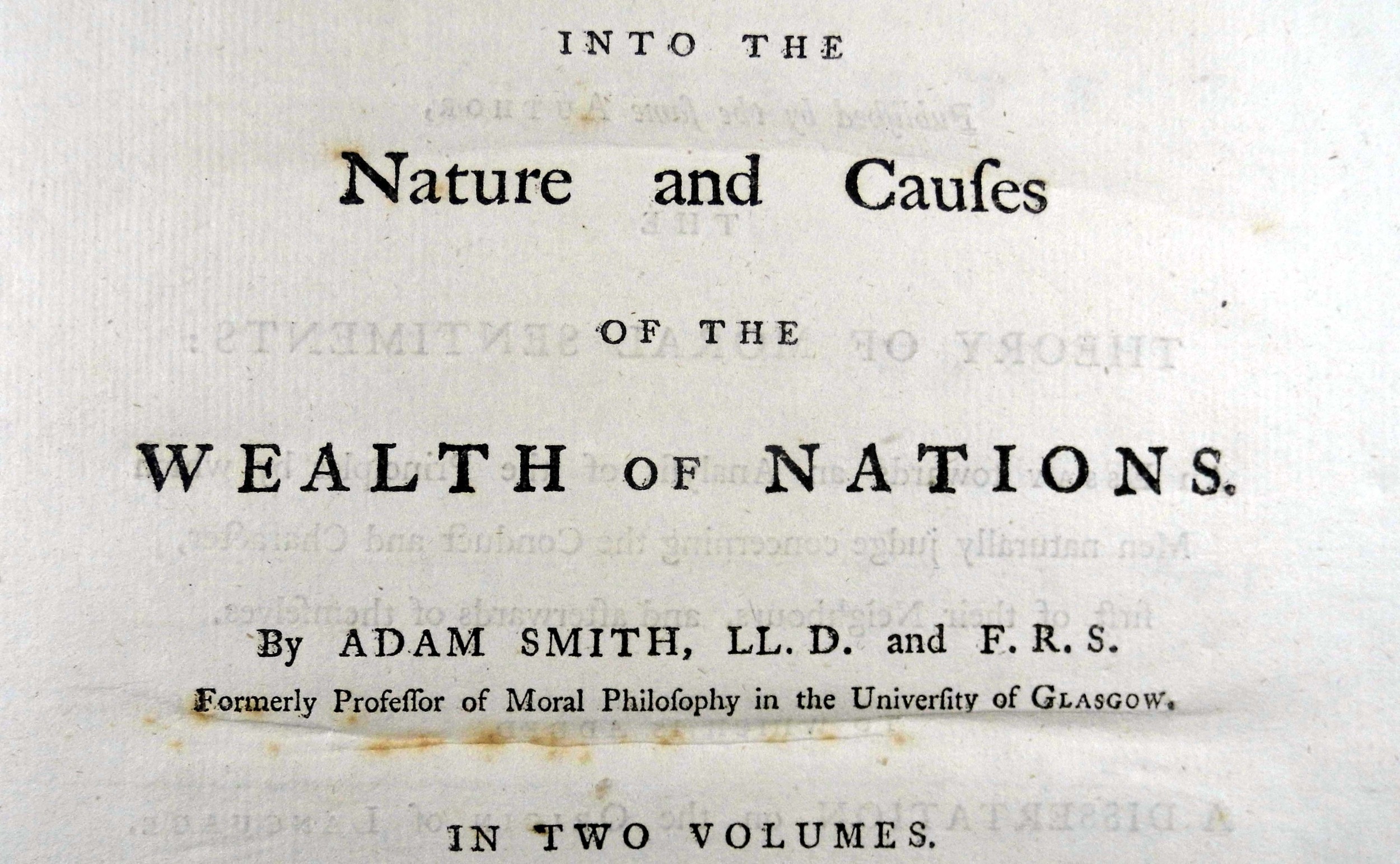Gender baiting has launched again in the United States, but this time it’s personal. Quite literally – the oppressors’ names are John.
From The New York Times:
Fewer large companies are run by women than by men named John, a sure indicator that the glass ceiling remains firmly in place in corporate America.
Among chief executives of S.&P. 1500 firms, for each woman, there are four men named John, Robert, William or James. We’re calling this ratio the Glass Ceiling Index, and an index value above one means that Jims, Bobs, Jacks and Bills — combined — outnumber the total number of women, including every women’s name, from Abby to Zara. Thus we score chief executive officers of large firms as having an index score of 4.0.
The NYT didn’t stop there; the article goes on to use its new Glass Ceiling Index to compare political successes, too:

I have to hand it to the NYT - this is an excellent propaganda piece. Determining the success and advancement of women in their careers to how those numbers compare to men named John, Robert, James, and William gives you some pretty damning results.
Left-leaner’s will find any opportunity they can to blame the sexism and discrimination that is still rooted on our society on employers and business culture; that way they can legislate quotas and pay structures across the board, and at least create the illusion, through force, that equality exists.
But evidence, even from the NYT's own sources, suggests that employers are not the problem.
The NYT's report was “inspired by a recent Ernst & Young report, which computed analogous numbers for board directors…for every one woman, there were 1.03 Jameses, Roberts, Johns and Williams — combined — serving on the boards of S.&P. 1500 companies.”
Lets look at that report a bit closer. It is the case that the number of male directors at S&P 1500 companies is hugely disproportionate to the number of female directors (84%/16%), but there is also evidence that the tide is changing. The graph below details that while far more men hold directorships, they also tend to be significantly older in age; 49% of female directors at these companies are under the age of 60 (compared to only 33%) of men, and 31% of male directors are over the age of 68 (compared to only 11% of women).

Like many other occupations, a lot of perceived gender gaps are going through transitional periods; as women become more educated than men, we start to see changes in occupation breakdowns (but it’s not in the interest of gender-baiters to report it).
My colleague Ben has recently blogged on a paper that found if you control for a person’s background and length of time in the work force, “being female increases the chance of becoming CEO. Hence, the unconditional gender pay gap and job-rank differences are primarily attributable to female executives exiting at higher rates than men in an occupation where survival is rewarded with promotion and higher compensation.”
It’s not employers and it’s not corporate culture that’s holding women back; the reality is that women are making different choices than men. Many of them have to do with family planning, but many of them come down to different goals and ambitions.
Examples include both political and career ambitions. Women and men “win elections at equal rates, raise comparable amounts of money, and receive similar media attention” yet very few women are wanting or willing to run for pubic office. Research conducted in 2012 found that millennial women "just aren't very interested in being the top executives of high-profile companies." Of all the women aged 22-33 polled, only 15% actively wanted to lead a large, prominent business one day.
The NYT can use the Johns and Jameses of the world to paint political and market systems as sexist all they want, but their provocative Index completely misses the point. Women are choosing not to take their careers as far as they can go. And that's okay - if that choice makes them happy and gives them opportunity to peruse other meaningful things. But the real glass ceiling for women is being held up society at large, which often compels women from a young age to make different decisions than men.
Are women being educated about their career options properly? Do they feel supported to have kids (or not have kids) on their own terms? These are the issues that are really holding women back. If we actually want to address gender gaps in the work place, let's let John get on with his job while we tackle our deeply entrenched, and often bias, cultural norms.















